G7 threatens to reinforce Russia sanctions, continue military aide to Ukraine
Diplomats from the Group of Seven (G7) countries threaten to reinforce economic and political pressure on Russia and continue supplying weapons to Kiev as the conflict in Ukraine grinds into its third month with no solution on the horizon.
Foreign ministers from the G7 wealthy nations — Britain, Canada, Germany, France, Italy, Japan, the United States and the European Union — gathered in northern Germany for a three-day meeting on Thursday.
The foreign ministers of Ukraine and Moldova also attended the meeting.
At a closing news conference on Saturday, the diplomats said in a joint statement that they would continue their military and defense assistance for "as long as necessary.”
“We will expedite our efforts to reduce and end reliance on Russian energy supplies and as quickly as possible, building on G7 commitments to phase out or ban imports of Russian coal and oil," the statement said.
The diplomats said they would add further sanctions on Russian elites, including economic actors, central government institutions and the military, which enable President Vladimir Putin "to lead his war of choice."
President Putin declared a “special military operation" in neighboring Ukraine in late February.
The US and its allies have stepped up military support for Ukraine, sending an array of sophisticated weapons meant to hold off Russia's rapid advances. The operation has also drawn unprecedented sanctions from the US and its European allies.
Putin has repeatedly warned that such a flow of weapons to Kiev will prolong Russia's operation.
"Have we done enough to mitigate the consequences of this war? It is not our war. It's a war by the president of Russia, but we have global responsibility," said Germany's Foreign Minister Annalena Baerbock.
Baerbock who described the war as a "wheat war" being waged by Moscow, said that the G7 would work on finding logistical solutions to get vital commodities out of Ukraine storage before the next harvests.
“People are asking themselves what will happen if we don't have the grain we need that we used to get from Russia and Ukraine," Baerbock added.
President Putin has warned the West that anti-Moscow sanctions have backfired and that Western countries have been hit worse by the bans.
Earlier this month, European Commission chief Ursula von der Leyen proposed a gradual ban on Russian oil imports. EU member states expected next week to reach an agreement on the issue.
Russia cuts electricity to Finland
Russia energy supplier RAO Nordic suspended electricity supplies to Finland on Saturday, citing problems with payments.
The company said it had not been paid for previous deliveries.
Russia warned earlier that it will take "retaliatory steps" after Finland said it planned to join NATO.
Finland is expected to formally announce its plan to join on Sunday.
Russia has repeatedly warned that it would "definitely" see Finland’s NATO membership as a threat.
The Russian Foreign Ministry also warned that Moscow would be "forced to take reciprocal steps, military-technical and other, to address the resulting threats."
US fighter aircraft shot down ‘in friendly fire’ amid aggression on Yemen
Yemeni FM: Israel’s sponsors accountable for ongoing aggression on Sana’a
Eight Palestinians killed as Israel attacks Gaza school, hospitals
VIDEO | Rome, Milan host new protests in solidarity with Palestinians
Dec. 21: ‘Axis of Resistance’ operations against Israeli occupation
Spain jurists demand ties with Israel ties be cut
VIDEO | Press TV's news headlines
VIDEO | Iran honors top Science Olympiad medalists


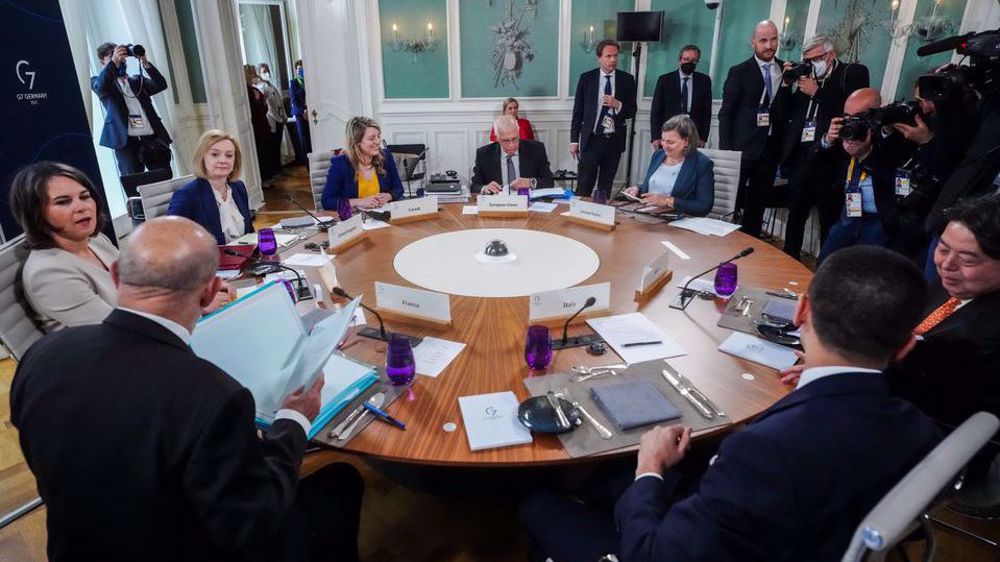
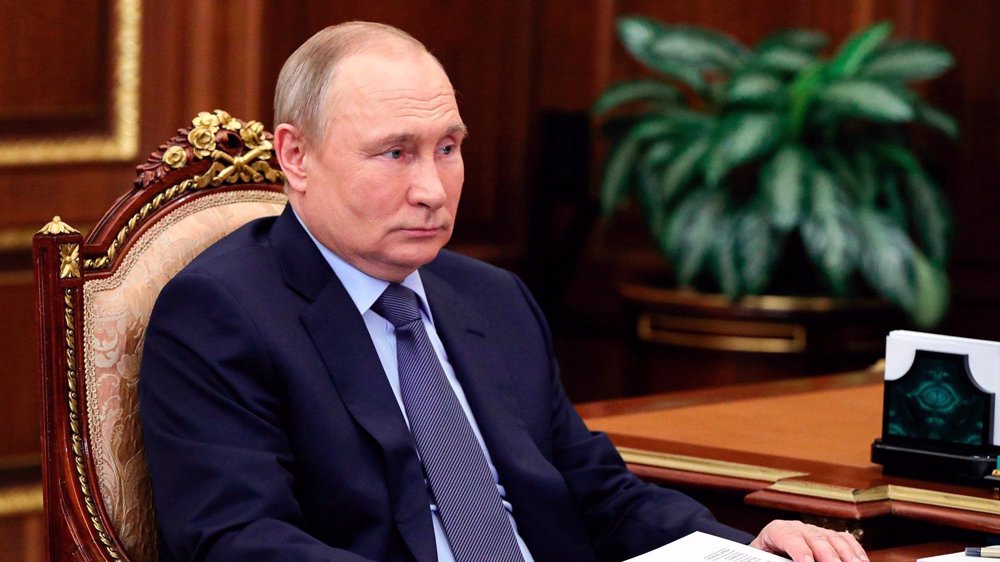
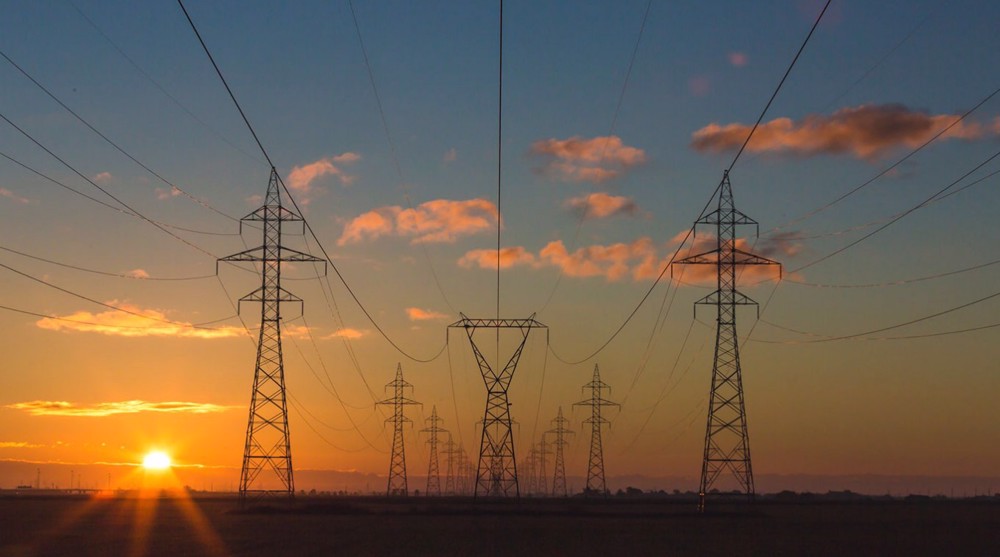


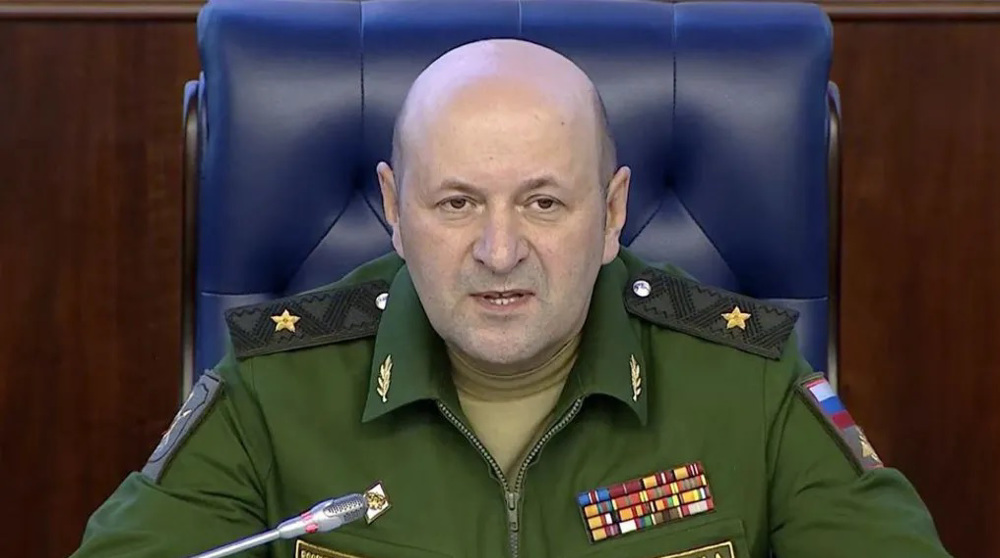



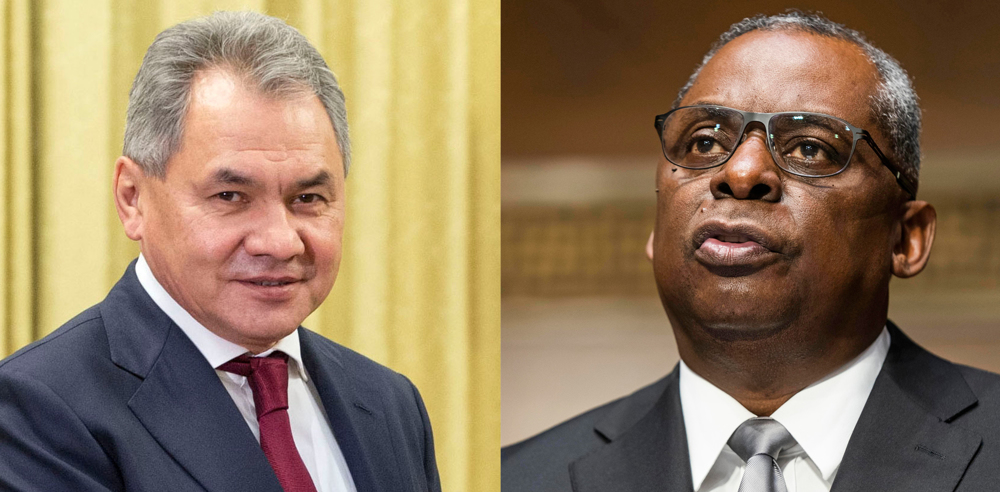

 This makes it easy to access the Press TV website
This makes it easy to access the Press TV website